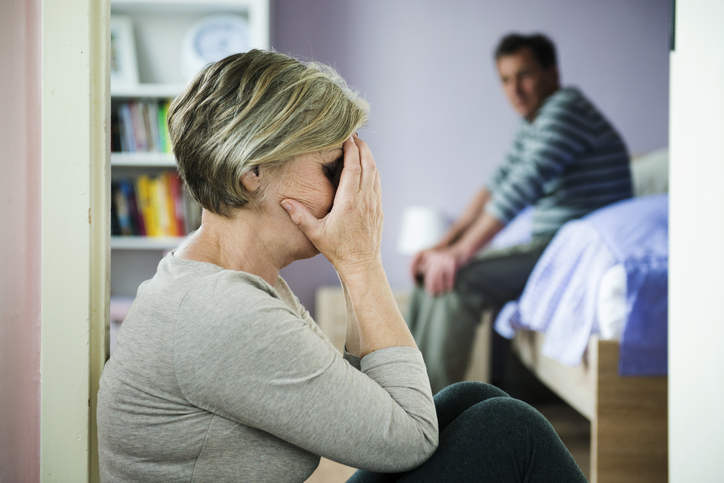Recognize abuse in relationships
On average, 24 people per minute are victims of rape, physical violence or stalking by an intimate partner in the United States.
It’s not always easy to tell if a relationship with a partner may be headed toward abuse. A common factor, however, is that an abuser does many things to gain control over their partners. It’s important to recognize the signs that you may be in a relationship with a controlling person, and if so, to get help to talk about the situation before abusive behavior can escalate.
Your partner is controlling if he or she….
- Puts you down
- Discourages you from seeing friends or family members
- Looks at you or acts in ways that scare you
- Prevents you from attending activities
- Destroys your property or threatens to harm your pets
- Restricts your finances
- Pressures you to have sex or use drugs or alcohol or do anything against your will
If you think your partner is controlling or may become violent, it’s important to get help to protect yourself. It’s especially important to get help if the controlling behavior has escalated to threats, harassing phone calls, emails or texts or if the person is stalking you.
If you are in immediate danger, call 911. Or call the National Domestic Violence hotline, 800.799.SAFE (7233). An expert will tell you the signs of abuse and what you can do next.
For Health Advocate members
Even if only one or two of the above signs apply, Health Advocate can assist you in getting the help you need.
If you’re a Health Advocate member with access to our EAP+Work/Life Program, consider speaking with a Health Advocate Licensed Professional Counselor who can provide confidential support. The Counselor can identify what actions you can take.
If you’re a member with our Advocacy services, contact us to speak with a Personal Health Advocate who specializes in behavioral health. The Personal Health Advocate can help you identify resources for help.
Click here for additional information and resources about domestic violence.



